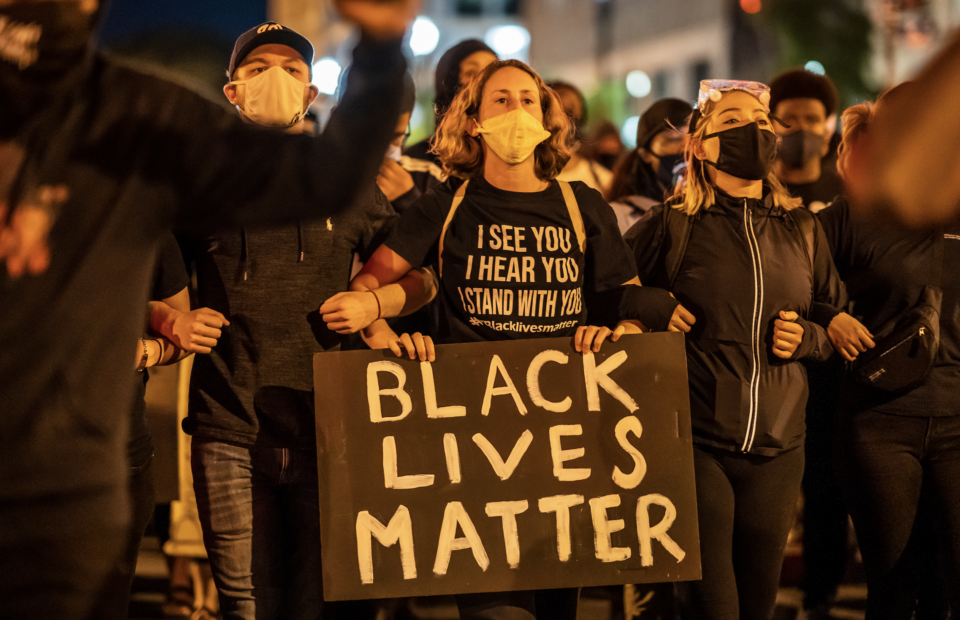A recent ruling by the 5th U.S. Circuit Court of Appeals in Louisiana has sparked concerns about the implications it may have on free speech and the right to peaceful protest. The case involves a lawsuit filed against Black Lives Matter activist DeRay Mckesson by a police officer who was injured during a protest that Mckesson organized following the police shooting of Alton Sterling. The court ruled that it is plausible for Mckesson to be held liable for the officer’s injuries, as they were a foreseeable consequence of his negligent planning, considering the protest involved blocking a public highway, which is a crime in Louisiana.
Critics argue that this ruling sets a troubling precedent that could suppress protests and curtail First Amendment rights. They question whether Mckesson can be held legally responsible for the actions of another protester who threw a rock or object at the police officer, especially when Mckesson himself was not directly involved in the act of violence. There is no evidence to suggest that Mckesson actively encouraged violence or participated in any violent behavior during the protest.
While the court’s decision raises valid concerns about the potential impact on free speech, it is important to consider the context of the case. The Alton Sterling shooting and subsequent protests were highly contentious, with conflicting narratives surrounding the incident. The decision to not press charges against the officers involved further complicated the matter, especially when a settlement was awarded to Sterling’s family. In this particular lawsuit, the focus is on the police officer’s injuries caused by the unidentified protester’s actions.
However, it remains uncertain whether this ruling will withstand further review, including a potential hearing by the full court or the Supreme Court. Precedents suggest that holding Mckesson accountable may be challenging, as there is no evidence linking him directly to the act of violence or proving his knowledge that the protest would turn into a riot. The courts may recognize the broader implications this ruling could have on the freedom of speech and be hesitant to cross that line.
Ultimately, striking a balance between protecting the right to protest and ensuring public safety is a complex challenge. While holding individuals accountable for their actions is necessary, it is crucial to avoid chilling free speech or unfairly targeting organizers for the actions of others during a protest. As this case continues to unfold, it will be interesting to see how courts navigate these important constitutional considerations.

